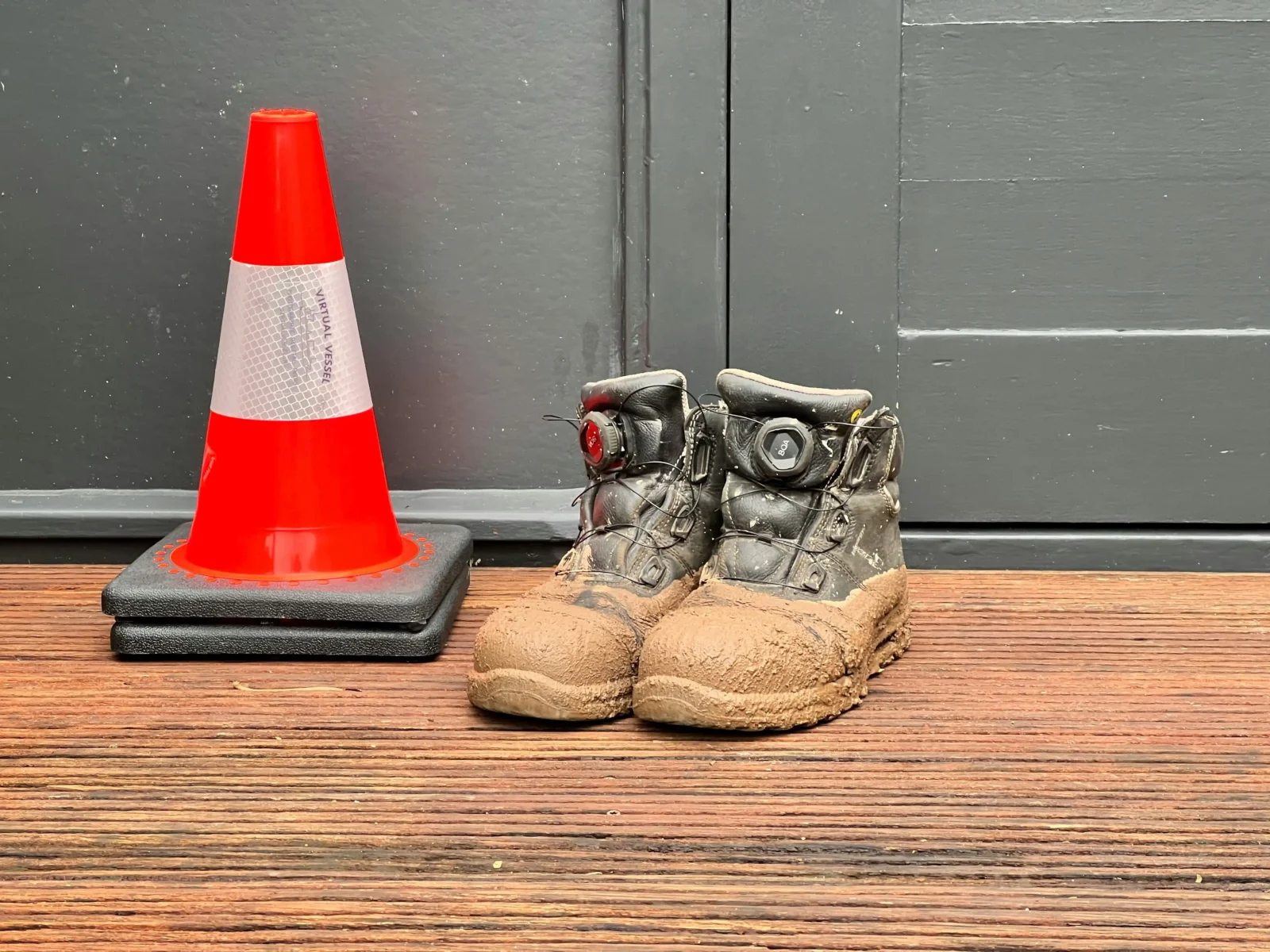- Home
- Articles
- Architectural Portfolio
- Architectral Presentation
- Inspirational Stories
- Architecture News
- Visualization
- BIM Industry
- Facade Design
- Parametric Design
- Career
- Landscape Architecture
- Construction
- Artificial Intelligence
- Sketching
- Design Softwares
- Diagrams
- Writing
- Architectural Tips
- Sustainability
- Courses
- Concept
- Technology
- History & Heritage
- Future of Architecture
- Guides & How-To
- Art & Culture
- Projects
- Interior Design
- Competitions
- Jobs
- Store
- Tools
- More
- Home
- Articles
- Architectural Portfolio
- Architectral Presentation
- Inspirational Stories
- Architecture News
- Visualization
- BIM Industry
- Facade Design
- Parametric Design
- Career
- Landscape Architecture
- Construction
- Artificial Intelligence
- Sketching
- Design Softwares
- Diagrams
- Writing
- Architectural Tips
- Sustainability
- Courses
- Concept
- Technology
- History & Heritage
- Future of Architecture
- Guides & How-To
- Art & Culture
- Projects
- Interior Design
- Competitions
- Jobs
- Store
- Tools
- More
How to Understand Rental Appraisals: A Full Guide

Understanding rental appraisals is essential for property owners and investors who want to optimize their returns. These evaluations provide a clear picture of the market value of a rental property, helping landlords set competitive rental prices and make informed decisions. Whether you have a single unit or a portfolio of properties, mastering rental appraisals can significantly impact your investment strategy.
Table of Contents
ToggleWhat is a Rental Appraisal?
A rental appraisal is an assessment conducted by a qualified real estate professional to determine the rental value of a property. This assessment takes into account various factors including property size, location, amenities, and current market trends. During the appraisal process, the professional will analyze comparable properties in the area to establish a fair rental price that aligns with market expectations.
Typically, rental appraisals are suggested annually or biannually, allowing owners to stay informed about market fluctuations. An accurate appraisal can not only help you secure better returns with rental appraisals but also attract quality tenants who appreciate competitive pricing. Regular appraisals also ensure that rental rates remain aligned with current market trends, optimizing the property’s income potential and maintaining its long-term value.
Why a Rental Appraisal is Important
Understanding the significance of a rental appraisal can enhance an investor’s approach to property management. Here are some reasons why rental property appraisals are crucial:
- Market Competitiveness: Accurately pricing your rental depending on appraisal results allows you to remain competitive in the market. For investors exploring international markets such as those involved in Caribbean CBI programs rental appraisals are essential to setting informed, market-aligned prices. Rental appraisals provide an informed approach to setting rental prices.
- Investment Insight: Regular appraisals offer insights into how your property is performing in relation to the market. By understanding where your rental stands, investors can identify opportunities for improvement or necessary upgrades, which could increase both property value and tenant satisfaction.
- Financial Planning: Rental appraisals help investors anticipate their cash flow by setting realistic rental expectations. Knowing the market value will allow landlords to effectively plan their budgets, ensuring that they can cover expenses like property maintenance and taxes.

How to Prepare for a Rental Appraisal
Getting ready for a rental appraisal is crucial for ensuring an accurate evaluation. Here are steps you can take to prepare:
– Research the Market: Conduct your investigation to understand recent rental prices in your locality. This data will complement the appraiser’s findings and help you understand where you stand in the market.
– Make Necessary Repairs: Present a well-maintained property to the appraiser. Simple repairs like fixing leaks, painting walls, or landscaping can leave a positive impression and may result in a more favorable appraisal.
– Highlight Unique Features: Be prepared to showcase any unique features that your property may have, such as energy-efficient appliances, premium flooring, or a beautiful view. These features can justify a higher rental price and impact the appraiser’s evaluation.
The Appraisal Process Explained
The process of a rental appraisal typically involves several steps:
- Inspection: The appraiser will conduct a thorough inspection of the property, evaluating its current condition and amenities. They might also take photographs and measurements.
- Data Analysis: After the inspection, the appraiser will compare the findings with industry standards and recent rental listings in the area. This analysis is crucial for understanding how the property fits into the local market.
- Report Generation: Finally, the appraiser will compile a report detailing the assessment, including recommendations for rental pricing based on market trends and property specifics.
Common Misconceptions About Rental Appraisals
Many property owners harbor misconceptions about rental appraisals, which can hinder their investment success. Here are some common myths:
– Appraisals are Only for Buying and Selling: While appraisals are essential during property transactions, they are equally important for renters and landlords. A regular rental appraisal helps both parties understand fair market value.

– All Appraisals are the Same: Not all appraisals are created equal. Different agents may have different methodologies or targets, leading to varying outcomes. Selecting a qualified professional who understands your market is vital.
Legal and Tax Implications of Rental Appraisals
Property owners must be aware of the legal and tax implications associated with rental appraisals. An accurate rental appraisal can help ensure compliance with local rental laws and regulations. If rents are set significantly higher than the appraisal suggests, landlords may face legal challenges from dissatisfied tenants. Conversely, if they do not charge enough rent, they may encounter tax implications due to potential property devaluation. Rental appraisals may impact how property depreciation is handled when filing taxes. Always consult with a tax professional or advisor regarding the implications of your appraisal findings.
When to Get a Rental Appraisal
Knowing when to seek a rental appraisal plays a critical role in maintaining rental property profitability. Routine appraisals are recommended at least once every year. Similarly, if you’re planning to change tenants or during periods of economic change, it’s essential to reassess the property value. If you make any significant changes or upgrades, getting a rental appraisal could provide insight into how these improvements may have affected the property’s value and rental potential.
In summary, understanding rental appraisals is key for landlords and property investors. It provides clarity on property value, assists in setting appropriate rent, and enhances overall investment performance. By recognizing the importance of rental appraisals and knowing how to conduct them effectively, property owners can navigate the market with confidence and ensure their investments yield desirable outcomes.
illustrarch is your daily dose of architecture. Leading community designed for all lovers of illustration and #drawing.
Submit your architectural projects
Follow these steps for submission your project. Submission FormLatest Posts
Understanding Site Safety Footwear in Architectural Practice
Architecture is often discussed through drawings, models, and finished buildings, yet a...
General Arrangement Drawings in Architecture: The Backbone of Clear Design Communication
General Arrangement Drawings explained: what they are, when to use them, how...
The Ultimate Guide to Fencing in North Dakota: Choosing the Best Fence for Your Property
Watching a chain link fence twist in 70 mph winds near Minot...
Gaudí: Where Architecture Meets Science
Gaudí: Where Architecture Meets Science shows catenary arches, ruled surfaces, and biomimicry...












Leave a comment